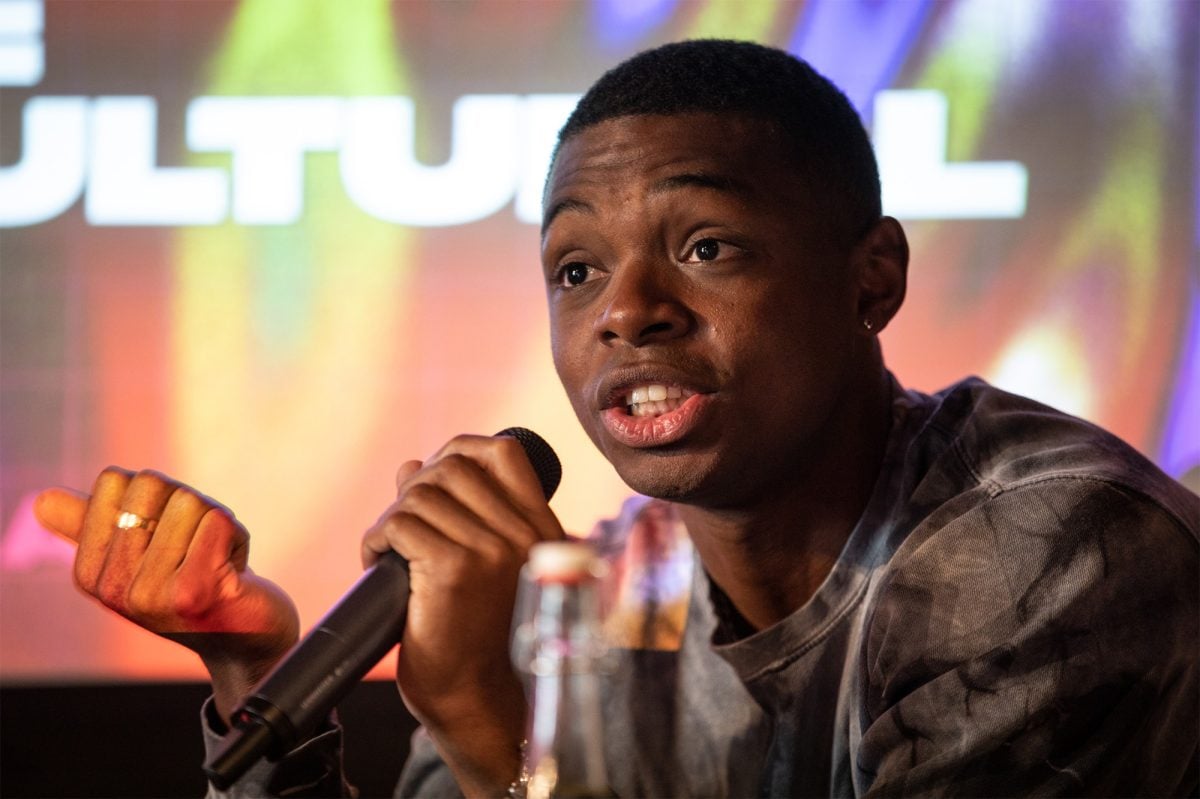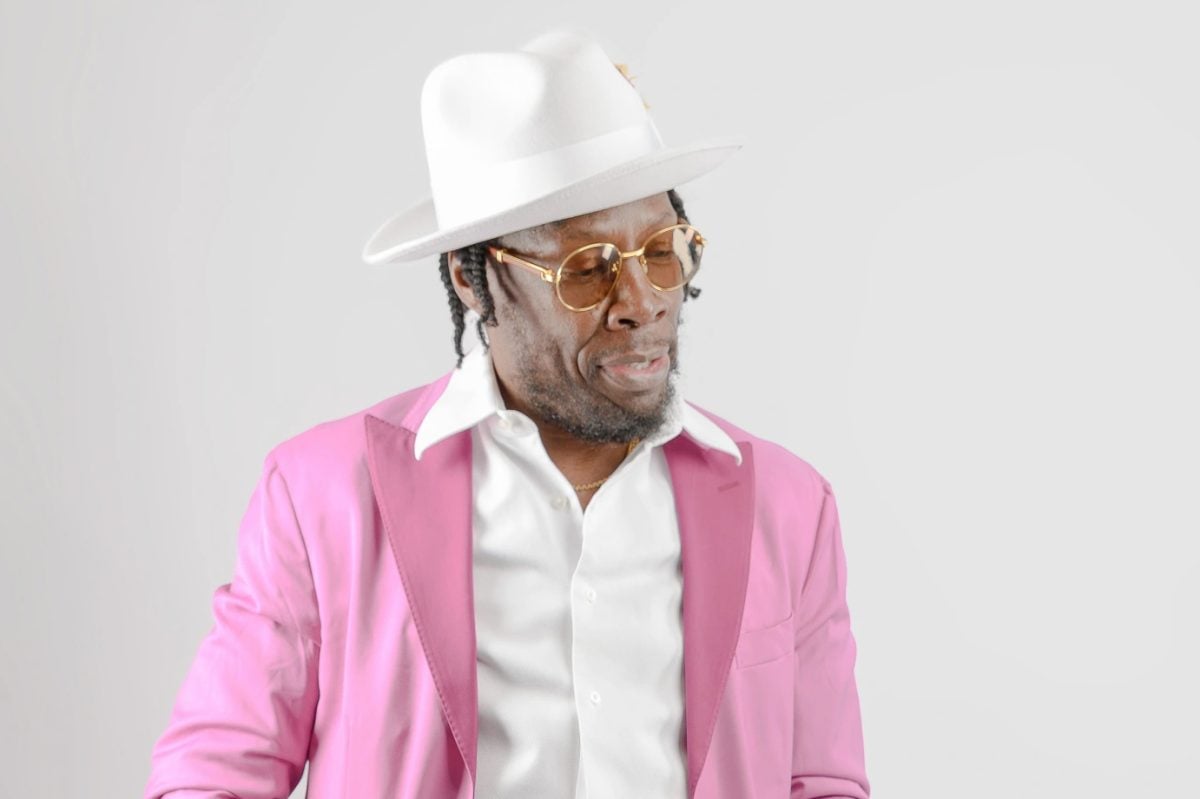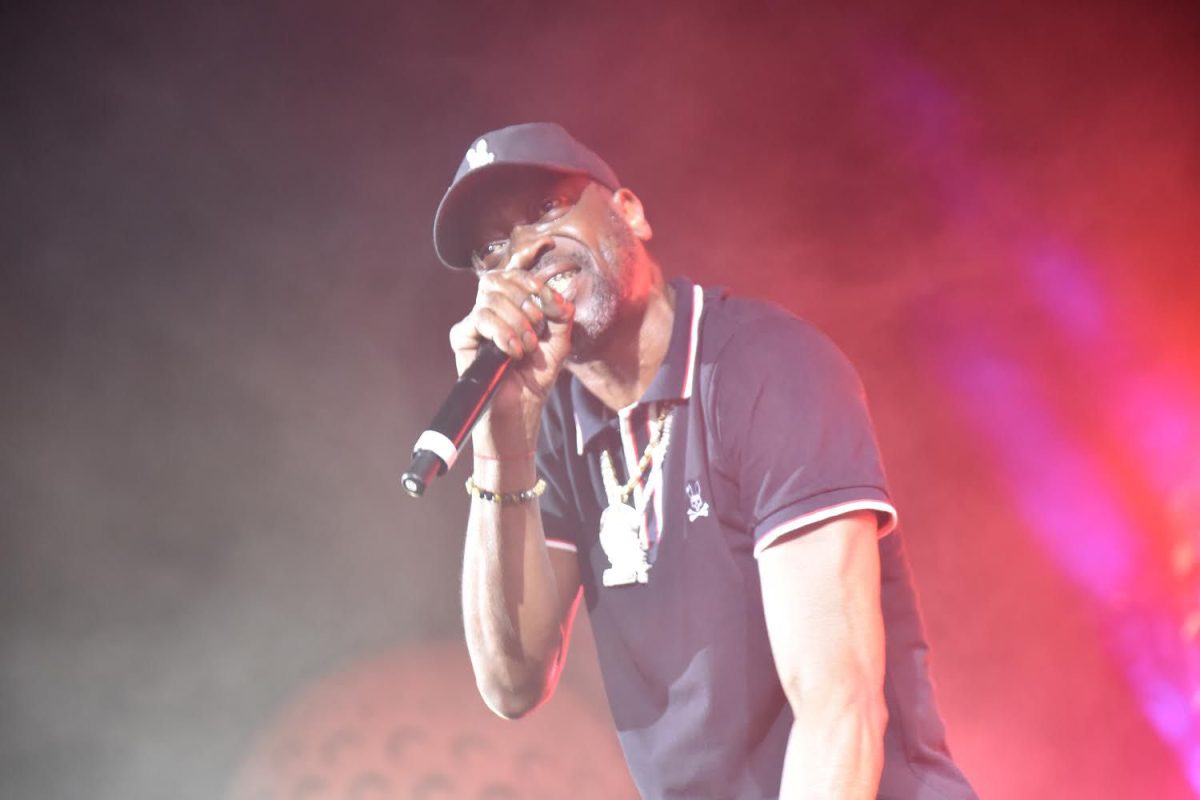Sony Music UK A&R Preye Crooks Says ‘Let Jamaican Artists Be Themselves’ When It Comes To Lyrical Content

Preye Crooks, an A&R executive at Sony Music UK, says Jamaican artists are not confined to a set of rules about lyrical content that determines whether the record label signs them or not.
“I think the issue with the content in the lyrics is not an issue which is just specific to Jamaica. It’s a conversation I’ve seen happen in England; it’s a conversation is France…I’m a big believer in letting artists be as authentic as they choose to be and they want to be, but you know, my main thing is just working with great music and great artists. I leave the lyrical content to them,” Crooks told DancehallMag.
The declaration comes amidst an agreement between the company and Gospel artist Jermaine Edwards last Thursday (January 12) after his 2014 single Beautiful Day went viral. This was the first major record deal for Edwards, who has 16-year-old Rushawn Ewears to thank for his success. A few years ago, the then-grade five student was videotaped by a teacher at the Top Hill Primary School in St. Elizabeth reciting the song. The rest, as they say, is history.
Ewears is also entitled to royalties from the track under this new deal.
In recent years, Dancehall artist Skillibeng signed a worldwide publishing agreement with Sony/ATV Music Publishing UK. At the time, he joined Tessellated, who has a similar agreement, and Koffee, whose Gifted album was released by Sony Music UK and RCA Records.
Crooks, who co-founded the Strawberries & Creem Festival in the UK, says he keeps his ears to the ground in Jamaica and has teamed up with a few local artists for different projects.
“I run a music festival on this side, as well, which Sony are apart of. The music lineup and the curation is around Jamaican and music from around the Caribbean. Basically, a few years ago, we had Koffee as one of our headliners,” said Crooks, whose father is Jamaican.
“Actually, one of the first artists that I ever booked when I was 19-years-old was Shaggy so it’s always been apart of the music that I listen to. It’s always a really nice way to tie this together and make sure I’m back in Jamaica and working with more artists from the territory,” he added.
Crooks reiterated that creatives should have full autonomy in expressing themselves however they see fit. For him and his team, this means more synergy among all parties involved.
“I don’t feel comfortable ever telling an artist what to do. I think it’s their music and their proposition and for me it’s just about working with great music. We gotta let artists be themselves and if we start to get a little involved in their lyrical content, it’s not real to them,” he said.
Crooks’ comments are similar to those recently made by two-time Grammy Award winner Shabba Ranks, who had lashed his fellow veteran artists for treating their younger counterparts with disdain over their lyrical content.
“Mi hear some big man inna music now, weh every turn dem turn dem beat gainst di likkle yute dem; an dem fight gainst di likkle yute dem. An dem waan tell di likkle yute dem weh dem mus seh. And dem waaa tell di likkle yute dem weh dem fi do,” Shabba told OnStage’s Winford Williams.
“Mi waa meck oonu know enuh, seh when me did a do music a said way oonu did a gwaan like oonu waan control my mind state enuh. And look what I become inna di face a di world. Because a my music.”

“So I am saying that to say dis: none a oonu nuh know di distant that the yute melodies or the work dat he say on record is gonna reach. Suh oonu caan gwaan like oonu waan kill di yute dem talent. Give di yute dem a chance wid dem music! Di yute dem nuh haffi do di music like how we do di music. A fi dem music. Come out a di yute dem arena and leave di yute dem meck dem do dem music!” he ordered.
Over the last year, several stakeholders have voiced concern that Dancehall music has lost its way, primarily because of the lyrical content being produced by some artists in the younger generation.
Chief among them was Bounty Killer, who said that he is not in support of any attempts to replace authentic Dancehall music with Trap sounds. The Warlord has also denounced the rise of “dunce” culture and lyrics in the music.
“Ah we a di strongest culture inna di worl’—wah likkke dot pon di map and everybody waan seh ‘bomboclxxt!’…weh a gwaan a bare dunceness, dats why some bwoy ah come sing some dutty, nasty foolishness,” Bounty said. “People haffi excellent and educated and smart. Bwoy seh if yuh waan hide tings from black people, put it inna book. Dat mean seh bwoy a celebrate seh they made us illiterate an’ dunce.”

Meanwhile, Kabaka Pyramid, during an interview with the Recording Academy last week, said that he believed some Jamaican artists, who are on the verge of crossing over, were shooting themselves in the foot with derogatory lyrics.
“I’ve seen artists that are on the verge of breaking into mainstream do collaborations with other mainstream acts, but then it’s just crazy curse words in the song and super derogatory lyrics,” the Well Done singer noted.
“I could see somebody at a radio station like, ‘no, I can’t playlist this because it’s too difficult.’ Especially, being an international artist. So it’s trying not to shoot ourselves in the foot by having too extreme lyrics.”
Similarly, Social Security Minister Karl Samuda declared last year that Dancehall artists were missing out on millions due to uninspiring and mediocre lyrical content.
“Nobody is going to buy something repetitively that only has the rhythm. That’s only part of it. The lyrics must go with it. And the lyrics – we are not short of lyrics and in fact, go one step further: encourage them to be philosophical with the lyrics. The ones that are most successful are the ones with a philosophical base and a message,” the Minister had said.
In December, Head of the Reggae Studies Unit at the University of the West Indies, Dr. Sonjah Stanley Niaah, called for a “reset” of Dancehall in every area. “Songwriting. Show quality. Content. Diversity. Fashion. Style. Personality. Leggo the disrespect, badmind and victim lyrics, the badmanism and gangster chronicles. Pick up social consciousness, charity and love,” Dr. Niaah noted in an Instagram post.
Full Hundred deejay Mr. Lexx had also expressed discontent with the lyrical output from Dancehall, and made a comparison to Afrobeats, which he described as “winning.”
“Dear Jamaican music industry. Afro beats genre is winning because 90 percent of their music is about feel good and partying while 90 percent of our current output violence, scamming and lewd, uncensored sex #thatsall,” he wrote.
